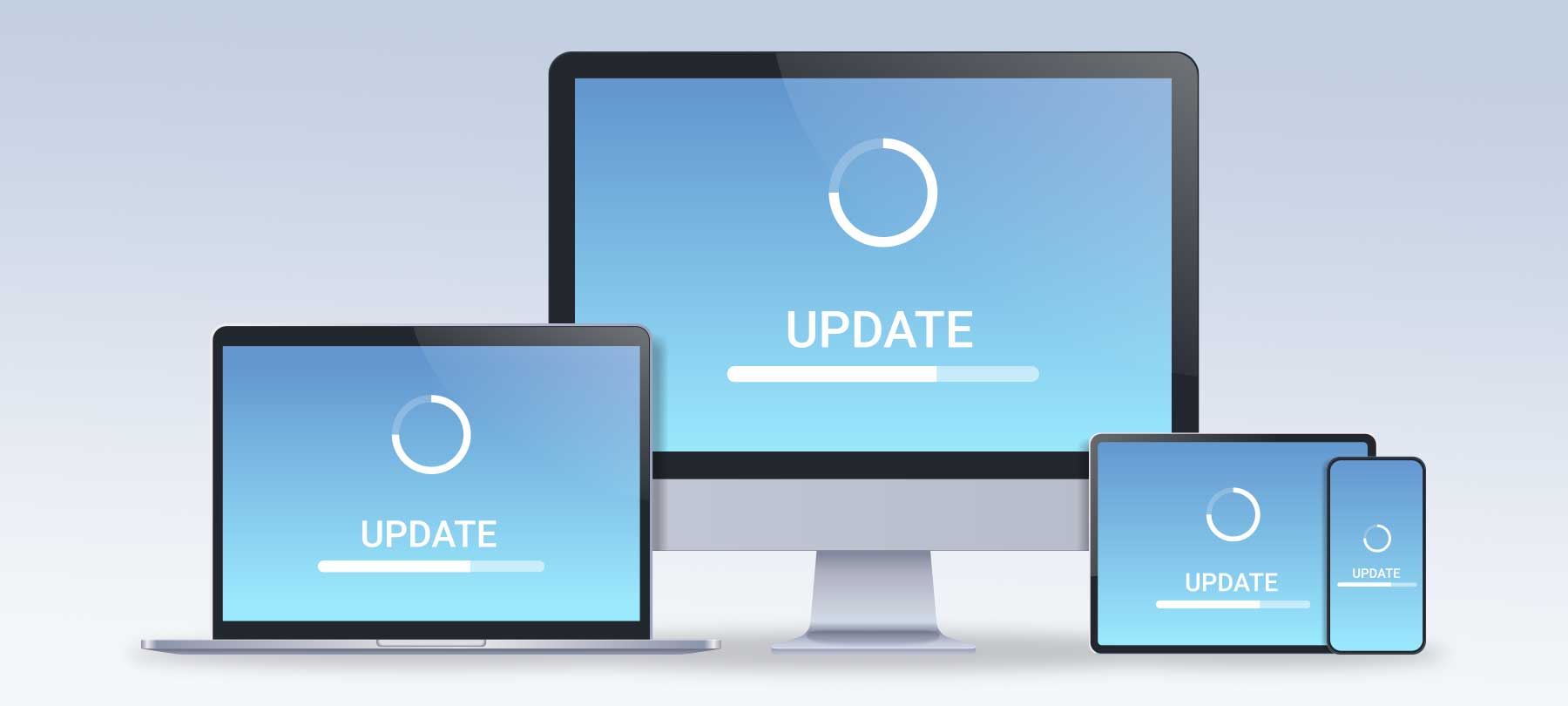Apple Faces Class Action Lawsuit for “Wi-Fi Assist” Feature
Did Apple make a grievous error with the design of its most recent mobile device operating system, iOS 9? After launching iOS 9 in September, alongside the release of the iPhone 6S and 6S Plus, Apple quickly came under fire for a feature called “Wi-Fi assist.” The feature is designed to provide users with a more seamless web browsing experience. In situations where an iPhone or iPad is having difficulty connecting to a Wi-Fi network, Wi-Fi assist will automatically switch to mobile data usage.
The problem is, many users don’t want their phones or tablets switching over to mobile data, even if a home or workplace Wi-Fi network isn’t accessible. Many consumers conserve their mobile data pointedly or set up their data plans with the knowledge that they will be able to use Wi-Fi networks and avoid data usage. So when Apple included a feature in iOS 9 that automatically switched from Wi-Fi to data without clearly notifying users, it inevitably caused some of those users to run up expensive data overcharges.
Legal Trouble
Needless to say, Apple customers weren’t overly happy with this turn of events—particularly not a couple in California who, according to The Guardian, “launched a class-action lawsuit aver they received one such overage bill.” The lawsuit alleges that Apple breached California’s Unfair Competition Law and False Advertising Law by failing to alert customers to the potential overcharges that the Wi-Fi Assist function might cause. The plaintiffs also believe that Apple is guilty of “negligent misrepresentation” in the case and that the damages across the class could be greater than $5 million.
As The Guardian notes, the Wi-Fi Assist function is not only featured on Apple phones. On the contrary, Samsung, HTC, and LG all include a similar function to allow users to stay online should their Wi-Fi connections be spotty or inconsistent. None of these manufacturers have had any legal trouble resulting from their variations on the feature.
The problem with Apple’s feature, though, may be that it was poorly advertised. In iOS 9, Wi-Fi Assist is enabled automatically. The only notification that users get when their phone switches from Wi-Fi to data, meanwhile, is a grayed-out Wi-Fi icon in the upper corner of the phone. Users who weren’t familiar with iOS 9’s new features and who didn’t notice the grayed-out icon could easily have gone on using their Apple devices without knowing that they might be using more data than intended. It is because Apple enabled the Wi-Fi Assist feature automatically and didn’t provide a clear notification for data usage that the company is facing a lawsuit.
Fishy Circumstances
Following complaints about the Wi-Fi Assist feature (but before the filing of the lawsuit), Apple tweaked their website to better describe the function. Now, the site says that “Because you’ll stay connected to the Internet over cellular when you have a poor Wi-Fi connection, you might use more cellular data,” a clear disclaimer about the feature. However, there is also a qualifier: “For most users, this should only be a small percentage higher than previous usage.” In other words, users shouldn’t be going vastly over their data limits because of Wi-Fi Assist.
Apple’s claim here makes sense: a spotty Wi-Fi network would have to be out for hours instead of problematic for a few minutes to lead to big overages. Yet the plaintiffs in the case say that they did indeed receive a large data bill thanks almost solely to Wi-Fi Assist. It’s a dubious circumstance that could help Apple win the case in court. At this point, though, there are too many factors at play to make a determination about which direction the case might go.


